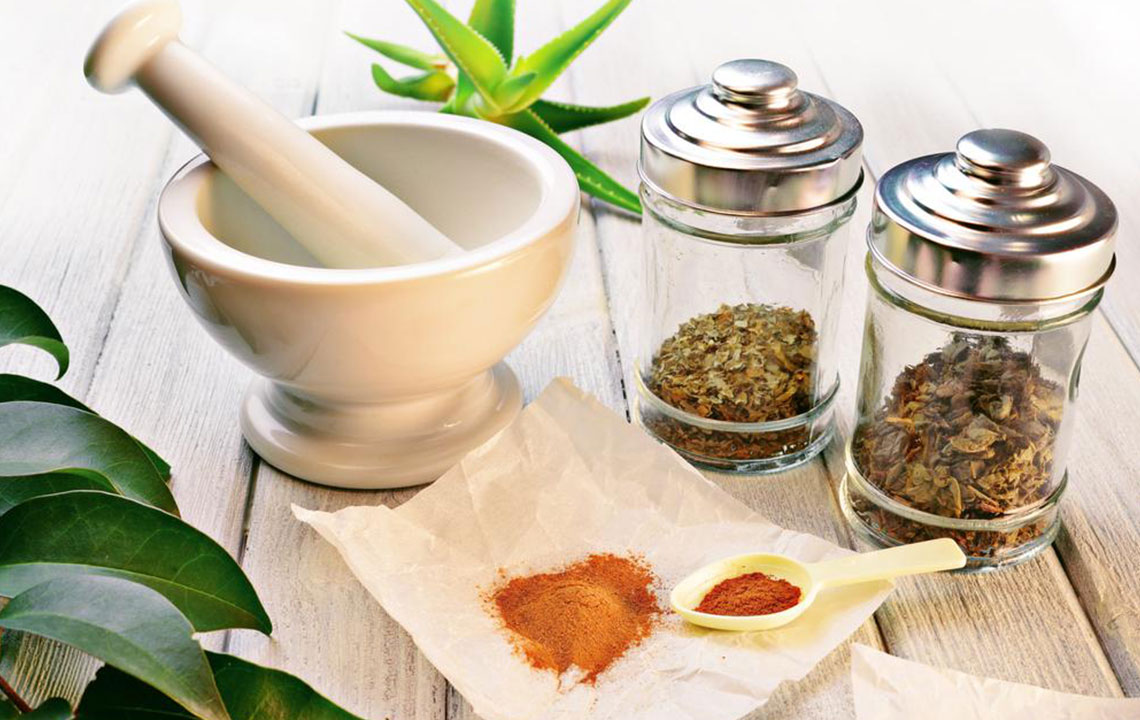8 Natural Remedies for Urinary Incontinence Treatment
Urinary incontinence is a condition which involves a grown person losing the ability and control over his urinary sphincter which compromises the flow. This means a person will involuntary urinate even if there is no need for the same. This is a much more common problem than people think or know about, because statistics show that one third of men and women in the country suffer from urinary incontinence.
Urinary incontinence treatment can be conclusively done only when the symptoms of the same are fully understood. Here are some of the most common and identifiable symptoms for both men and women.

Total incontinence: Above all, the ultimate symptom or rather indicator is when a person loses complete control of his or her bladder. Generally, in this condition, the person tends to leak continuously or has uncontrollable leak periods of large amounts. Both ways this is the extreme condition that one can face. Total incontinence can be the result of any injury to the spinal cord which carries the information from the brain to all the vital organs, controlling their every movement. Another prompt for total incontinence can be, damage to the bladder resulting in any rupture that might cause the leakage.
Functional incontinence: As the name aptly suggests, there is need or urgency for the person to use the restroom, but cannot make it in time due to mobility problems which are a result of poor dexterity which mainly means inability to use fingers and handle properly to relieve the urgency. Poor eyesight and overall mobility affects incontinence. Sometime mental depression, anger can trigger unwillingness to relieve oneself which is another symptom of developing urinary incontinence.
Overflow incontinence: This condition is more common in men, especially people who are facing prostate gland problems. The enlarged prostate gland can actually obstruct the bladder, blocking the urethra. This results in the bladder filling up, without a proper release and thus causing urinary leaks.
Urge incontinence: This is a reflex which is a result of an overactive bladder. Urge incontinence also known as effort incontinence, is one of the most common symptoms of urinary incontinence. The contraction of the muscle walls of the urinary tract are almost involuntary and thus results in an urge to urinate. The urge may be a result of any sudden change in position, maybe the sound of running water which might trigger an urge and even sex, after an orgasm. Bladder muscles are sensitive and the smallest of triggers can cause urge incontinence.
Stress incontinence: Stress is the biggest problem faced by everyone, which is also the root cause of urinary incontinence. This is especially severe in women who have just given birth or are going through menopause, wherein the physical stress is what puts pressure on the bladders increasing the urge. This can also be triggered by a sudden cough or sneeze which will contract the muscle out of control, which results in continence.
Professional help is definitely advisable as a urinary incontinence treatment option, but there are a number of home remedies one can try to cope for urinary incontinence treatment:
Kegel exercise: Kegel exercise are an effective way of getting your bladder under control. This exercise involves voluntary flexing of the muscle which controls the urinary flow, thus strengthening and gaining more control over the same. The exercises have to be continued regular over two to three months to ensure effective bladder control before going to seek professional medical help.
Keeping your weight in check: Weight is one of the reason which might trigger incontinence, so keeping your weight under check is essential. One of the most effective urinary incontinence treatment methods, wherein the severity of the condition can be brought under control.
Minerals and vitamins: The body thrives on minerals and vitamins, which are essential for cell, muscle and other parts of your body. Magnesium, one of the mineral which forms part of our diet can help control urinary incontinence. This is not exactly a natural remedy but all the while effective since regular consumption of magnesium hydroxide pills have shown significant improvements.
Training your mind and body: Training your body physically and mentally to do the things it’s supposed to do has proven quite effective. Delaying the urge to urinate or controlling the duration, along with Kegels on a regular basis are just few of the ticks.
Increase Vitamin D sources: Intake of foods which are rich in vitamin D should be consumed which works fine as a urinary incontinence treatment.
Acupuncture: A traditionally urinary incontinence treatment which can treat the imbalances in the system that cause this condition or even worsen the same.
Quit bad habits: Kick the habit, if you are hooked on the same. This does work as an antidote to incontinence.
Reduce caffeine intake: coffee might help you stay awake and burn the midnight oil, but it does not help with your condition. Caffeine excites our brain which in turn affects the frontal lobe which is also responsible for controlling the bladder.

